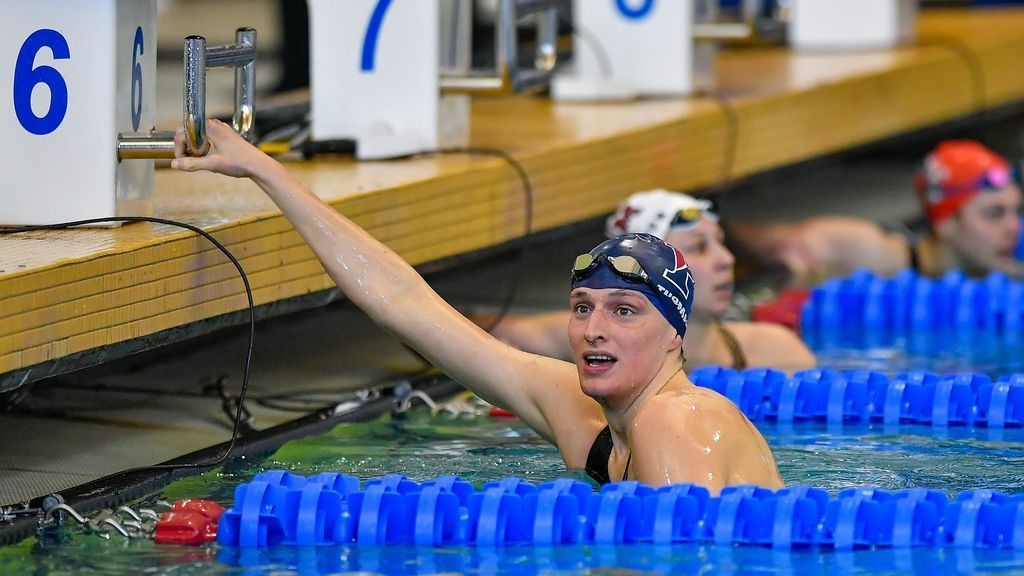Trump Blasts University of Pennsylvania Over Transgender Athlete Controversy

In a significant legal challenge, the Trump administration has accused the University of Pennsylvania of breaching federal laws protecting women's athletic opportunities by allowing a transgender swimmer to compete on the women's team and access women's team facilities.
The Department of Education's Office for Civil Rights has raised concerns about the university's policy, arguing that permitting a transgender athlete to participate in women's sports potentially undermines the spirit of Title IX, which guarantees equal athletic opportunities for women.
This controversial decision highlights the ongoing national debate surrounding transgender athletes' participation in collegiate sports, raising complex questions about fairness, inclusion, and the interpretation of existing athletic regulations.
The university has defended its stance, emphasizing its commitment to inclusivity and supporting all student-athletes, while the Trump administration maintains that the current policy could create an uneven playing field for female athletes.
As the legal and ethical discussions continue, this case represents a pivotal moment in the broader conversation about gender, sports, and equal opportunities in academic athletics.
